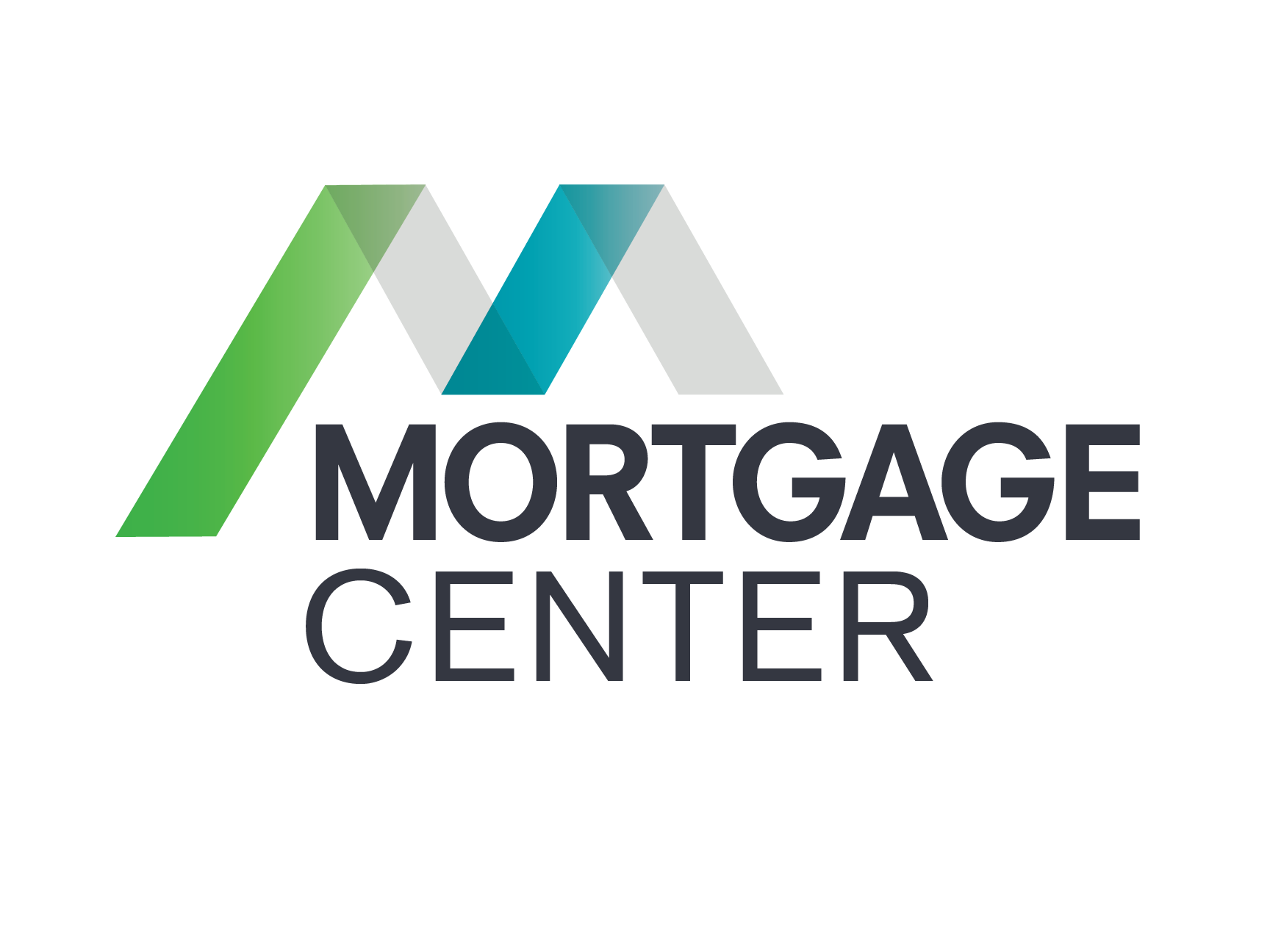How Much Do You Need to Save For Your New Home?
Purchasing a new home requires money for your down payment, cash reserves, and all costs associated with processing your loan. Find out what you’ll need to pay, what kind of funds are acceptable, and when each fee will be due.
What will you need cash for?
Deposit and down payment: A deposit shows the seller you’re serious about buying a home. Deposits are typically 2% of the purchase price and will be applied towards the down payment if your offer is accepted (you will need to provide documentation for your earnest money deposit).
Settlement Costs: These costs include all fees required to execute the sale, including title insurance, appraisals, taxes/insurance, points, etc. Closing costs, on average, are 3% - 5% of the purchase price.
What are acceptable sources of funds for your home financing?
Savings and checking account: In general, 3% of your down payment will need to come from your own funds (money that has been saved and in your account for at least the last 60 days). You will need to provide complete financial statements for the previous two months. Any large non-payroll deposits or increases to your average balance must be documented from an acceptable source or that portion of funds may not be used.
Sale of property: Proceeds from the sale of a home or other real estate are an acceptable source of funds, as long as a copy of the fully executed HUD1/Settlement Statement (or title company closing settlement statement in the case of a cash sale) is provided, along with a copy of the proceeds check and evidence of deposit to a liquid asset account (an account that can be withdrawn from easily and without penalty).
Retirement savings plan: Liquidating funds from your retirement savings plan (as a withdrawal or a loan), etc. may be used as an acceptable source of funds to close. You will need to provide two months of your most recent account statements prior to your withdrawal. Once the withdrawal has taken place, you will need to provide evidence of withdrawal of the funds and evidence of deposit into a liquid account. If you are going to use your retirement savings plan as a reserve, then you only need to provide evidence that the account allows withdrawals regardless of your current employment status.
Stocks and mutual funds: Liquidating funds from your stocks or mutual funds may be used as an acceptable source of funds to close and/or for reserves. You will need to provide your most recent account statement (all pages). If the account is being used for funds to close, you will also need to provide evidence of withdrawal of the funds and evidence of deposit into a liquid account.
Selling personal possessions (assets): Proceeds from the sale of an asset may be used as an acceptable source of funds if the following evidence is provided: acceptable evidence that you owned the asset; acceptable evidence of the estimated value of the asset from published value estimates or qualified appraiser; proof of sale, receipt and deposit of the funds. A lesser of the estimated value or sales price may be used and added to the asset portion of the application. Please speak with your Loan Originator about specific documentation requirements for your assets
Gifts from an individual: Gift funds may be used as an acceptable source of funds to close for a principle residence or second home purchase. The donor must be a relative, fiancé or domestic partner, but may not be or have any affiliation with the builder, real estate agent, or another interested party to the transaction. If you are receiving a gift that is at least 20% of your down payment, then 100% of your down payment can come from gift funds. To learn more about the correct process for using such funds, please speak with your Loan Originator.
When will you need to provide funds during the mortgage process?
PREQUALIFICATION - your credit report fee will be due at this time.
MAKING AN OFFER - your earnest money (deposit) will be due.
INSPECTION - having an inspection prior to making an offer is always recommended. This extra step can save you time and money.
OFFICIAL START OF YOUR MORTGAGE PROCESS - After your offer is fully accepted, your application fee is due.
INSURANCE - Home Owners Insurance will be due the day before your closing date.
CLOSING DAY - your escrow account will be setup, all remaining closing costs will be paid, and your earnest money (deposit) will be credited toward your balance.
Mortgage Center has been working with credit unions, their members, and home loan borrowers since 1990 with the goal of growing the credit union community. They have over 100 experienced home loan experts who are guided by the core values of the company. Mortgage Center is completely owned by credit unions which means their rates and closing costs remain competitively low, keeping more cash in members’ pockets while generating revenue for the credit union community. Start a mortgage application with us today!
« Return to "Financial Resources & Blog"

